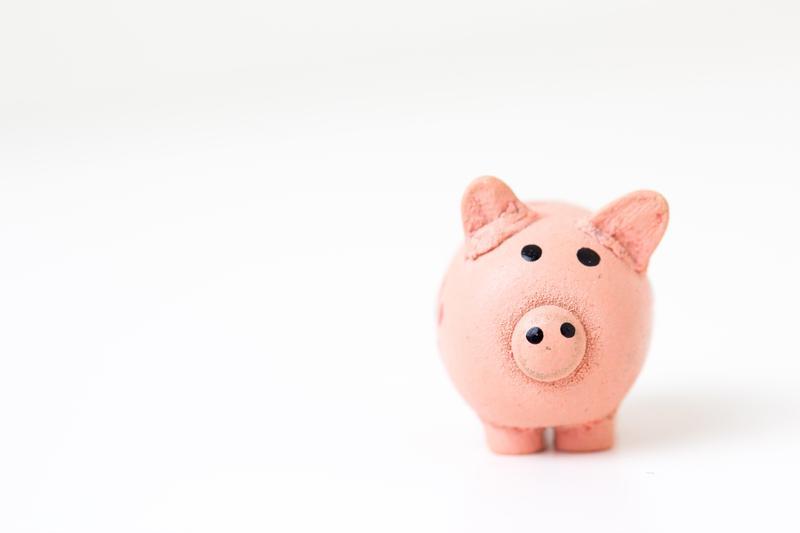Tips for Creating a Personal Budget
Tips for Creating a Personal Budget

Do you want to improve your financial health? Do you want to improve your credit or grow your savings? If so, it all starts by creating a personal budget.
What is a Personal Budget?
If you are in a financial hole, it may be a good idea to work with a credit repair company when creating a budget. While this is true, there are some steps you can take on your own, too. Your budget is essentially an itemized summary of the expected expenses and income you have for a specific period of time. Usually, personal budgets are made for a month at a time. Even though many people associate the actual word “budget” with restricting themselves, they should really view it as a way to spend more efficiently.
Here are the steps you can take to create your own personal budget.
Get Your Financial Statements Together
When it is time to gathering up your financial statements, it will include everything such as your bank account information, any investment accounts you have, your most recent utility bills, and other information that shows your income or expenses. A key element in the process to make your budget is to create a monthly average, which means the more information that you are able to find, the more detailed your budget is going to be.
Make a Record of all Your Income Sources
Are you self-employed? Do you have any other sources of income? If this is the case, it is necessary to record this information, too. If your only income is from your regular paycheck, when the taxes are deducted automatically, it’s a good idea to use the net income amount. You can put this down as your total monthly income and be ready to move on to the next step. However, if you have other income, be sure to factor this in as well.
List Each of Your Expenses
Be sure to include all your expenses that you will have during the course of a month. In most cases, this is going to include things like your rent payment or mortgage, vehicle payment, groceries, fuel, insurance, student loans, investment accounts, etc. Anything that you spend money on regularly should be included on your list.
Compare Your Income vs. Expenses
Once you have everything listed, you can add up all your expenses and all of your income. Is there money left over after you have paid everything? If so, you are in good shape. The extra money you have can be used for strengthening your financial profile by paying off debt or putting the money in an investment account or savings account. If you have more expenses than what you make each month, then it means you are going to have to make some changes. At this point, evaluate your expenses and see where you can cut your spending.
Work with a Professional
Are you having trouble figuring out your own personal budget? If so, it may be wise to find and hire the services of a financial pro. They can evaluate your current situation and help you make changes or cuts where they are needed. The professionals can also help you create a budget that works with your lifestyle, so you don’t have to feel as though you are “missing out” by cutting out too many of the fun activities you enjoy. Just be sure to find the right financial advisor for your needs, as this is going to make a huge difference.
Create a Budget that Works for You
When it is time for you to create a personal budget, there are more than a few factors to consider. The tips here will help you get started, but remember, you should update the information regularly as your income or expenses change. This is going to help ensure that you make the most of what you are making and that you put it in places where you just see it.
Be the first to post a message!